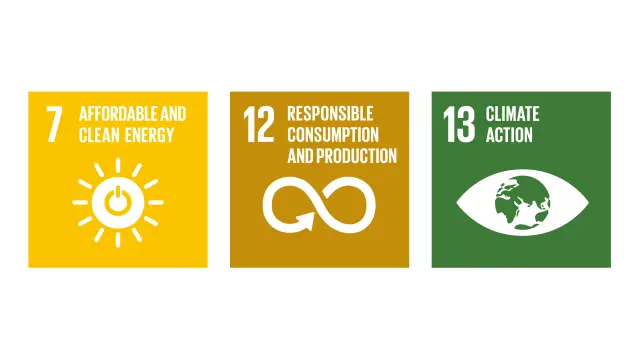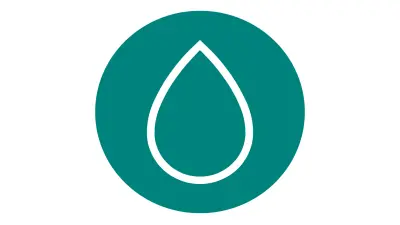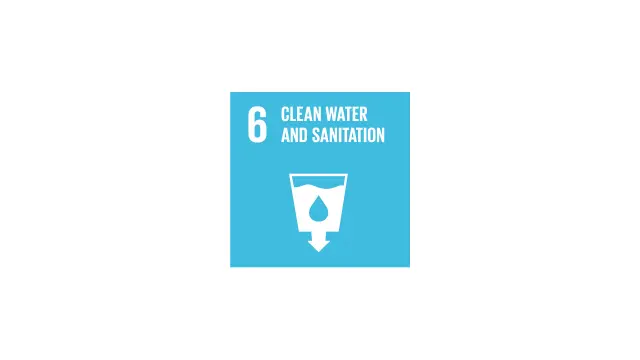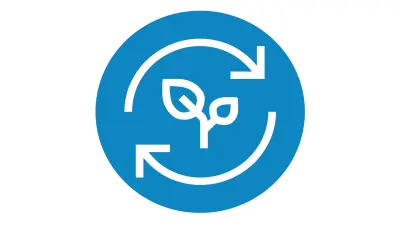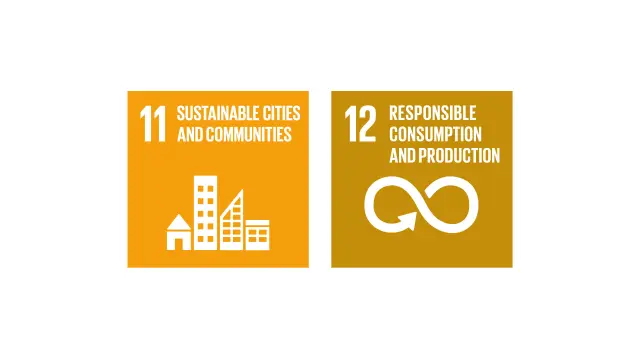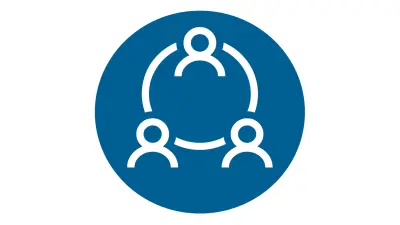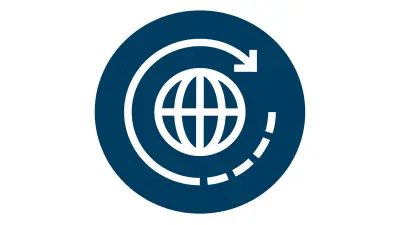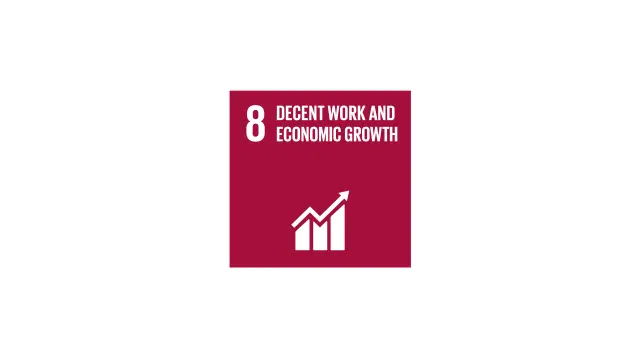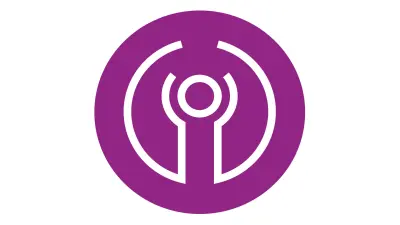Sustainability strategy and compliance
Clear strategy for more sustainability
Bosch’s sustainability strategy is based on concrete objectives in all focus areas. We have for many years now been consistently working to realize those objectives.
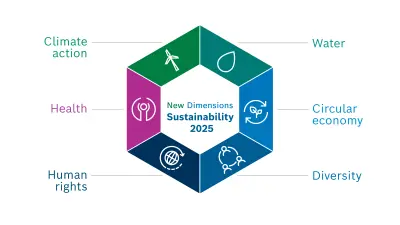
We see sustainability as the balance between the economic, ecological and social dimensions of our business activities as part of responsible corporate governance.
We have summarized the focal points of our sustainability management in the “New Dimensions — Sustainability 2025” target vision. It describes six topic areas that set the framework for our activities in the coming years.
Compliance – even beyond corporate boundaries
Compliance refers to the observance of legal requirements and internal corporate policies and rules. The Code of Conduct provides guidance for all Bosch associates on values-based, ethical, and legally irreproachable conduct. We feel that responsible and lawful conduct is important beyond company boundaries and have formulated our expectations of our business partners in codes of conduct.

Comprehensive compliance management system
Bosch’s compliance management system provides a binding framework worldwide for promoting compliant conduct and serves to reduce compliance risks.
It provides the basis for effective implementation of external and internal requirements and defines minimum requirements for processes of relevance for compliance. These include various prevention and control measures as well as the Bosch whistleblower system. Associates, business partners, and third parties can use this system at any time to report non-compliance, anonymously if they wish. Our Principles for reporting possible violations and processing reports at Bosch set out the details of the different reporting channels and the processing procedure.
BSH Hausgeräte GmbH operates an independent compliance management system and has developed its own code of conduct for employees and its own code of conduct for suppliers. In addition, BSH Hausgeräte GmbH operates its own reporting system.
Respect for human rights
As a globally operating company, we recognize our corporate responsibility to respect human rights.
By implementing human rights and environmental due diligence obligations in our operational processes, we contribute to improving human rights conditions worldwide. At the same time, we actively demand respect for human rights in our global supply chains as well and take appropriate remedial action in the case of violations.
- Declaration of Principles on Human Rights of the Bosch Group
- Report on the German Act on Corporate Due Diligence Obligations in Supply Chains
Our business activity is aligned to the United Nations Guiding Principles on Business and Human Rights and we comply with the requirements of the National Action Plan for Business and Human Rights applicable in Germany. We implement the requirements of the German Act on Corporate Due Diligence Obligations in Supply Chains (Lieferkettensorgfaltspflichtengesetz, LkSG). Bosch also meets other country-specific requirements, such as the Modern Slavery Act in the UK or the French Loi de Vigilance.
We likewise expect our business partners to commit to respect human rights, to establish appropriate due diligence processes, and to oblige their own suppliers and other third parties to comply with corresponding principles to the best of their ability.


